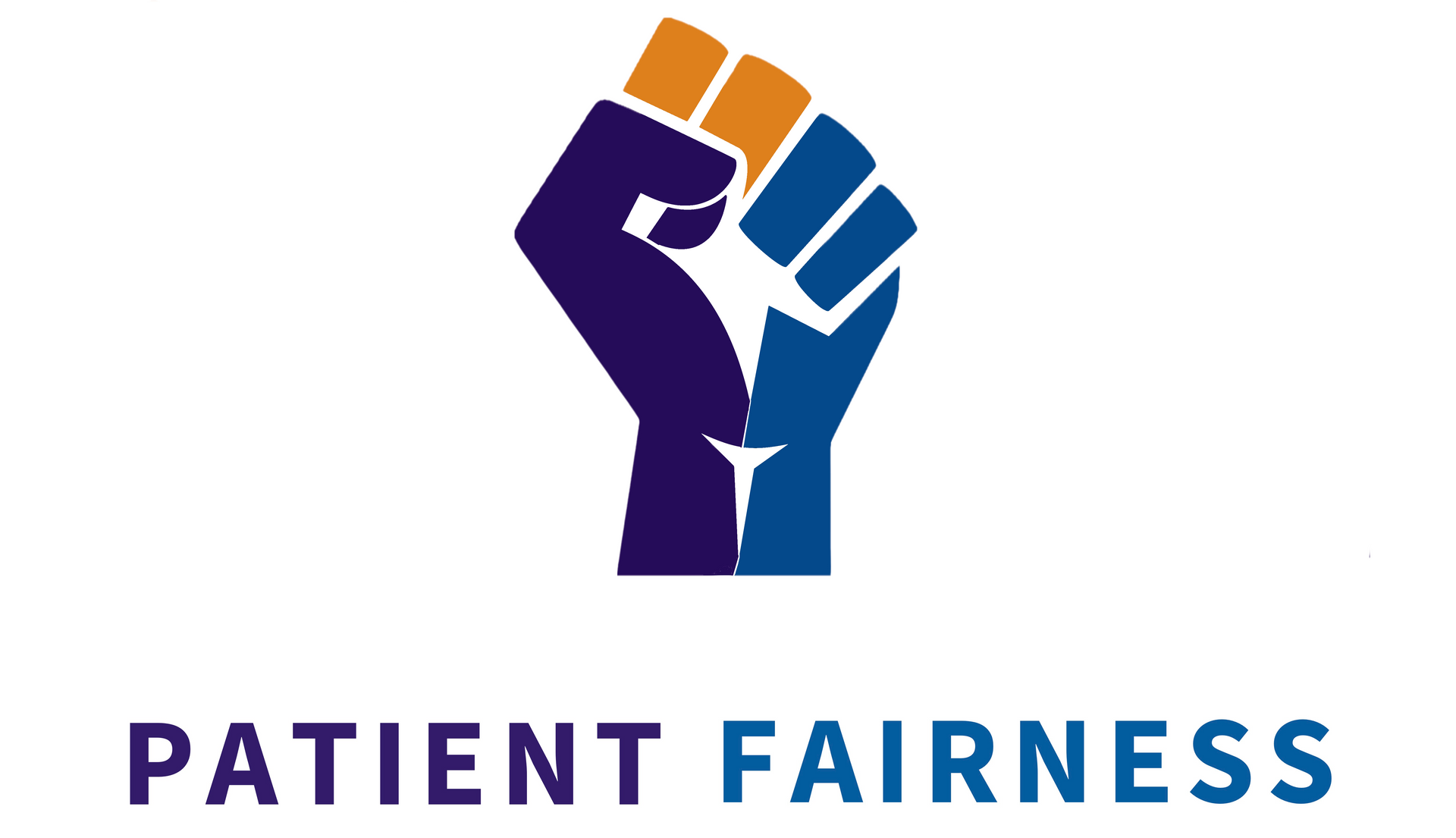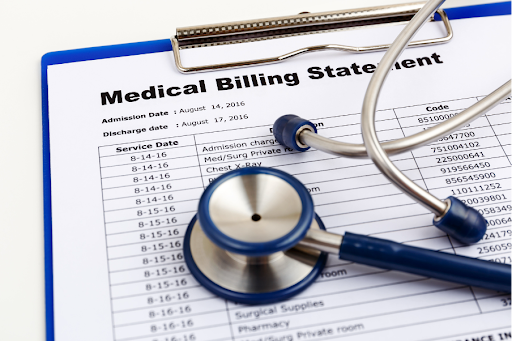How to Handle Surprise Medical Bills and What Protections You Have Nationwide

Surprise medical bills rank among the most frustrating—and financially draining—issues patients face in the United States. These unexpected charges often appear weeks after care, leaving patients stunned by amounts they never anticipated. In many cases, the bill includes fees for services provided by out-of-network providers, even when treatment occurred at an in-network facility, or for costs that were never disclosed upfront.
The good news is that federal law now provides robust medical billing protections designed to shield patients from these unfair expenses. By understanding your rights and taking the correct steps promptly, you can challenge surprise bills, have them reduced to in-network rates, or eliminate them entirely—saving yourself from overpaying and protecting your financial well-being.
What Are Surprise Medical Bills?
A surprise medical bill is an unexpected charge you receive for healthcare services, even when you believed they were covered by your insurance. These bills typically happen when:
- Emergency care at an out-of-network facility – You’re taken to the nearest hospital, but it’s not in your insurance network.
- Out-of-network providers at in-network hospitals – You may go to an in-network hospital, but the anesthesiologist, radiologist, or ER physician treating you works independently and is out-of-network.
- Specialist fees billed separately – Pathologists, radiologists, and surgeons sometimes bill apart from the hospital, even during a single procedure.
- Hidden facility fees – Hospitals and outpatient centers may add high administrative or service fees without explaining them upfront.
In each of these cases, the charges can be far more than your standard in-network cost-sharing amount.
Your Federal Protections: The No Surprises Act
Since January 1, 2022, the federal No Surprises Act has created nationwide safeguards to protect patients from certain types of surprise medical bills.
Emergency Care Protections
If you receive emergency care at an out-of-network facility, you can only be billed your in-network cost share. This applies to hospital services and physician services related to your emergency treatment.
Non-Emergency Protections at In-Network Facilities
If you receive care at an in-network hospital, out-of-network providers (such as anesthesiologists or radiologists) cannot bill you more than your in-network cost share unless you:
- Are informed they are out-of-network
- Receive a written cost estimate
- Provide written consent at least 72 hours before the service
Balance Billing Restrictions
In the covered scenarios above, providers cannot bill you for the difference between their charge and what your insurance pays (known as balance billing).
How to Dispute Surprise Bills
Even with these protections in place, some providers still issue unlawful surprise medical bills. If you receive one:
- Check your eligibility under the No Surprises Act – Confirm if your bill involves emergency care at an out-of-network facility or non-emergency out-of-network services at an in-network hospital.
- Review your Explanation of Benefits (EOB) – Compare your insurance coverage details with the charges to see what was paid and what you’re being billed for.
- Contact your provider in writing – Request a corrected bill that reflects your legal protections and provide supporting documentation.
- File a dispute – Submit it through your insurance company or the federal Independent Dispute Resolution (IDR) process if discrepancies remain.
- Escalate the issue – If the provider refuses to comply, submit a complaint to the U.S. Department of Health and Human Services (HHS) or your state’s insurance regulator.
You generally have 120 days from the bill date to begin the federal dispute process.
How Patient Fairness Helps You Challenge Surprise Bills
Fighting a surprise medical bill can be stressful, confusing, and time-consuming. Patient Fairness makes the process simpler and more effective by:
- Creating professional dispute letters – Each letter is backed by state and federal law, clearly outlining why the charges are being challenged.
- Comparing your charges to fair benchmarks – We review your bill against Medicare rates and, for hospital bills, the provider’s estimated cost to deliver the services.
- Providing step-by-step guidance – From insurance appeals to Independent Dispute Resolution (IDR) filings and formal complaints, we guide you through each stage.
- Tracking all correspondence – Every document and reply is organized, creating a complete dispute record in case the bill is sent to collections or legal action is threatened.
Our approach keeps you in control, strengthens your position, and increases the likelihood of reducing or eliminating the surprise bill entirely.
Realistic Outcomes When You Dispute
When addressed effectively, a surprise medical bill can lead to:
- Reduction to in-network rates under the No Surprises Act, lowering your balance significantly.
- Full elimination if the bill violates state or federal medical billing protections.
- Negotiated a settlement for a fair amount that you agree upon with the provider.
Many patients don’t realize they can dispute these charges—and doing so can often save hundreds or even thousands of dollars, easing the financial burden dramatically.
Don’t Pay More Than You Should
Surprise medical bills can disrupt your finances, but you are not powerless. Federal law, and in many cases, additional state laws, give you tools to fight back. The key is acting quickly, documenting everything, and using your rights effectively.
For just $49, Patient Fairness can start your case by preparing a custom dispute letter and guiding you through the process. We’ll help you assert your rights, compare charges to fair benchmarks, and hold providers accountable.
Start your free Problem Medical Bill Assessment today and take the first step toward eliminating unfair charges.










